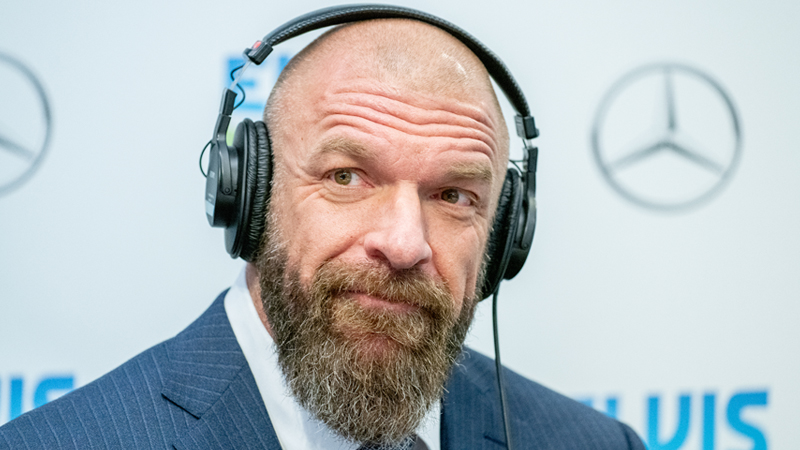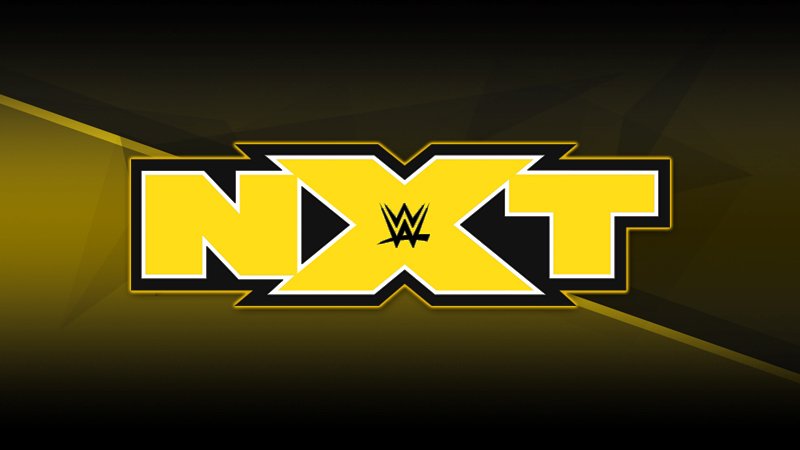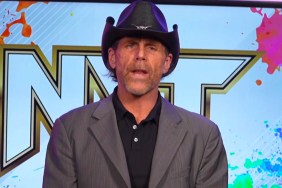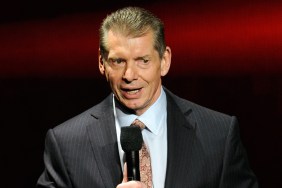
Since the rise of NXT as a developmental brand, WWE itself has changed quite a bit. Before, there was never really an emphasis on televising Florida Championship Wrestling (FCW), where a lot of the current superstars come from. It was very different from what NXT would become, and…





